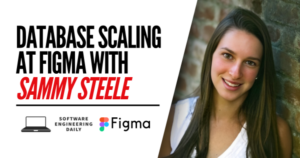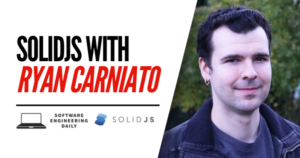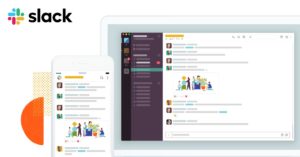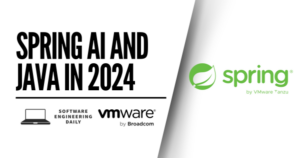Gig Economy
Podcast: Play in new window | Download
Subscribe: RSS

I like to write music, and a year ago I started working on an album called “Gig Economy”. The plan for the album was to hire musicians from gig economy platforms like Fiverr and Upwork to perform on songs that I produced.
The album is finished and I’m happy with the result, so I’m sharing it on the podcast today as an extra episode released on a Sunday. We’ll be back tomorrow with content about software engineering.
Writing this album made me think about the future of work. I love music, but I am not a professional musician. I take the craft seriously, but perhaps not as seriously as someone who has made music their full-time career. I’ve never taken the time to network with musicians and develop collaborative relationships.
The gig economy allowed me to pay creative people to collaborate with me. The transactional nature of my relationship with the collaborators meant that both of us had the incentive structure to work effectively. This improved quality and kept the pace of the project moving quickly.
Today, the gig economy is widely regarded as a mode of work that removes individuality. Critics of the gig economy say that it turns workers into a commodity. If you use Uber, you aren’t thinking about the human who is driving you. As long as your driver has a high rating, you are satisfied.
My experience producing this album with gig economy musicians showed a different side of our new employment systems.
I found artists who I deeply enjoyed working with. There was no ambiguity about our relationship. Nobody was flaky. I paid these collaborators well, and in return they helped me fulfill an artistic vision.
Without gig economy platforms, I could not have written this album.
The gig economy is a playground for creativity. If you want to get paid to work as an artist, you can do so as long as you have a laptop. If you are a corporate worker making a good salary, but you spend your weekend producing art, you can pay artists to help you complete your vision.
The greatest works of art are often the result of a talented workforce directed by an established leader. The gig economy lets you become a leader and recruit a team of creative, proven artists in a single day.
I hope you enjoy “Gig Economy”. If you would rather listen on Spotify or YouTube, links are below.
If you like the album, please share it on Twitter or Facebook. If you listened all the way through and have feedback for me, I’d love to know your thoughts. You can send me a tweet @the_prion or an email: jeff@softwareengineeringdaily.com



















